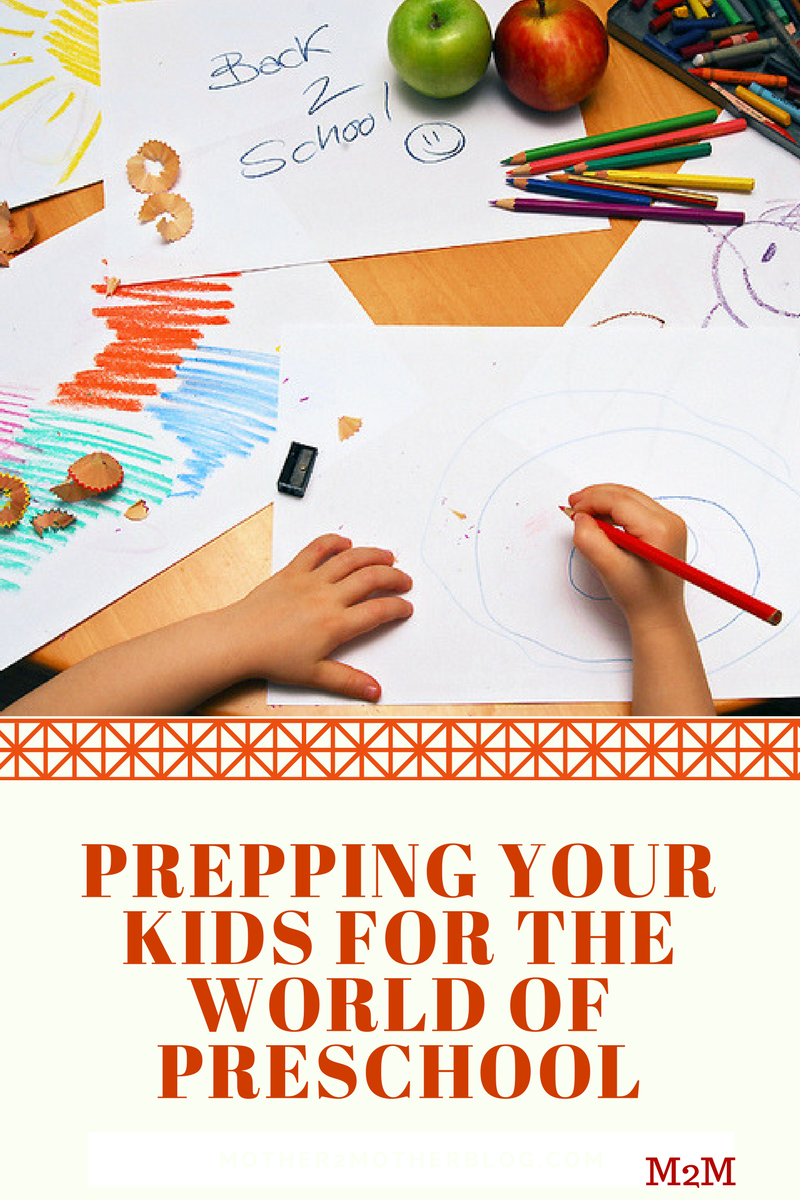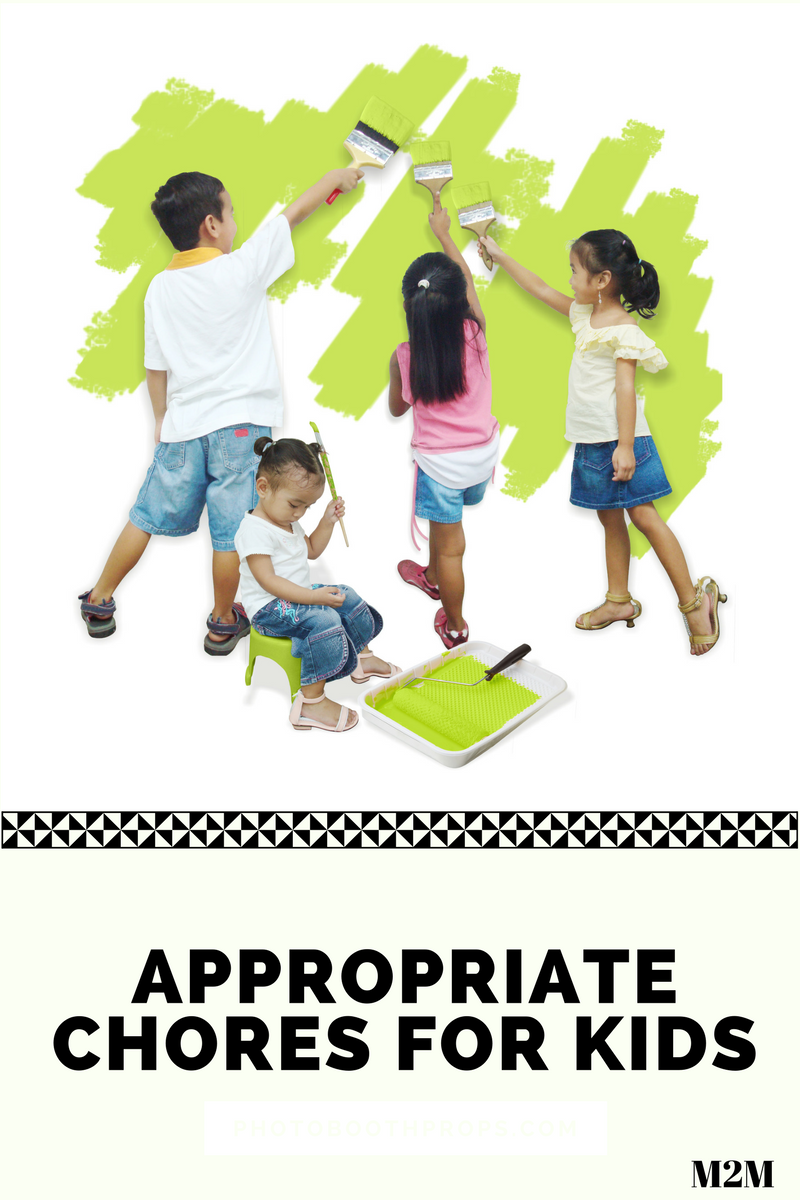Some time back, there was a bizarre story of relatives who wanted to teach their son about safety. The six-year-old boy’s aunt, grandmother, and a co-worker plotted a kidnap. The co-worker kidnapped the child, locked him up and showed him a shotgun to silence him. He tied up the boy’s hands in a basement using plastic bags. With a threat of never seeing his mother, the child had to comply with the orders. Eventually, he was released, and every adult that was involved in the “lesson” was charged and arrested. Today, we’re going to give you parenting tips on educating children about safety.
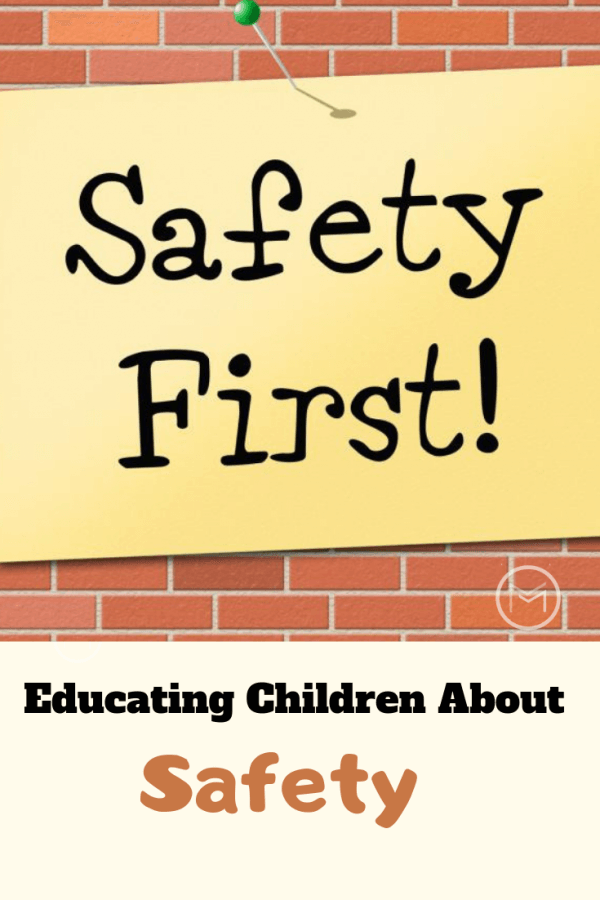 Here’s our parenting tips:
Here’s our parenting tips:
1. Start early
Teaching your children about safety practices is something you should start when the child is about four years. At first, you will use simple explanations to explain this concept, but advance it over time. Begin by explaining the idea of crossing the road and move onto training them on how to behave when you are away. Safety training is not an event that you do at once, but rather a process that you follow over a period.
2. Talk about uncomfortable situations
Keep it low-key, but be clear on cases that you know would make your little one uncomfortable. Ask them whether they have been in such a circumstance and seek to understand how it made them feel. You may have plans to protect your kids, but working through such situations will help them to remain safe for a lifetime.
3. Avoid scaring your child
Just like in the case of the boy where the relatives decided to use scare tactics, sometimes parents feel that the only way to make their children safety conscious is by scaring them. That should not be the case because it will only freak them out and they will have a hard time managing when faced by such circumstances. When educating children about safety, explain safety concepts to kids the same way you would talk about fire safety or wearing a helmet on a bicycle.
4. Be specific
Explain some of the uncomfortable things that unsafe people may do. For instance, somebody with ill motives might want to give presents to your child. They might even want to be physical with the kids even when they request them not to. Unsafe people might also give inappropriate words to compliment on how a child looks. They can even ask them for directions or invite the child to help them look for a lost item such as a lost dog.
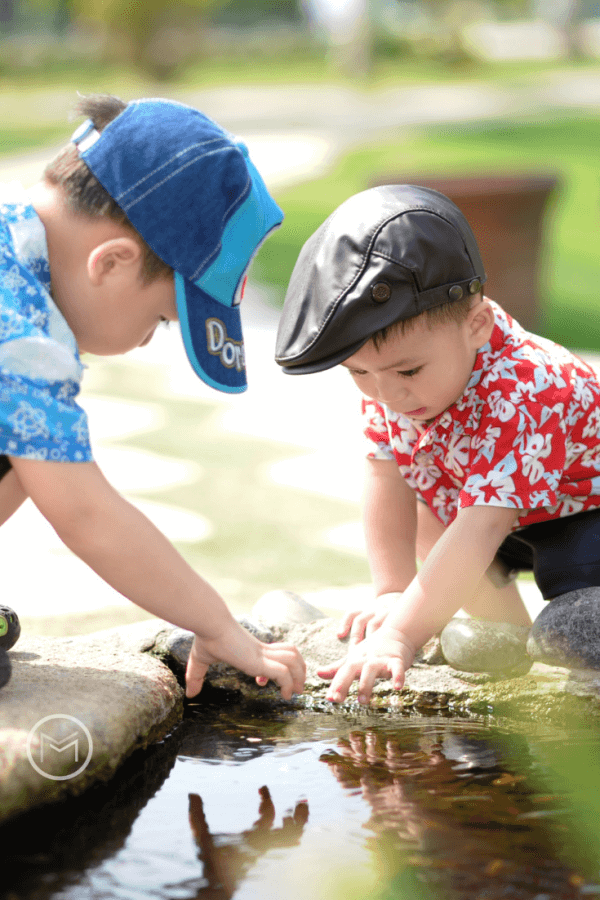
5. Move past the ‘stranger danger’
Most parents focus on strangers when they explain safety tips to their children, which is not always the case. Strangers are not the only people who can harm a kid. Even people who are known to your little one might have anterior motives. Let your child understand the importance of trusting their instincts and reporting anybody who forces them to do something that seems wrong to them.
6. Make your child the ‘boss’ of his or her body
There is nothing that is as important as your child knowing that they are in charge of their body. Make sure that he is aware that nobody is allowed to touch his body uncomfortably. If your little one has to go for a doctor’s appointment that involves physical examination, accompany them and ask the physician to explain what he or she is doing.
7. Make sure they know the vital information
Every child should know their parents’ names and contact information. Knowing their home address is also an important aspect. It is crucial for your little one to have an idea of a safe place to hide when faced with a dangerous situation.

8. Practice when you can
Play what-if scenarios with your child. For instance, you can ask them, “What if you coming home from school and a stranger asks for directions?” “What if someone invited to your home?” Asking such questions gives you an opportunity to empower your child to handle tough and risky situations.
Every responsible parent should be educating children about safety. Allow your kids to socialize from a young age so that they have a level of freedom and independence. But, it is all about finding a healthy balance and empowering your child.


























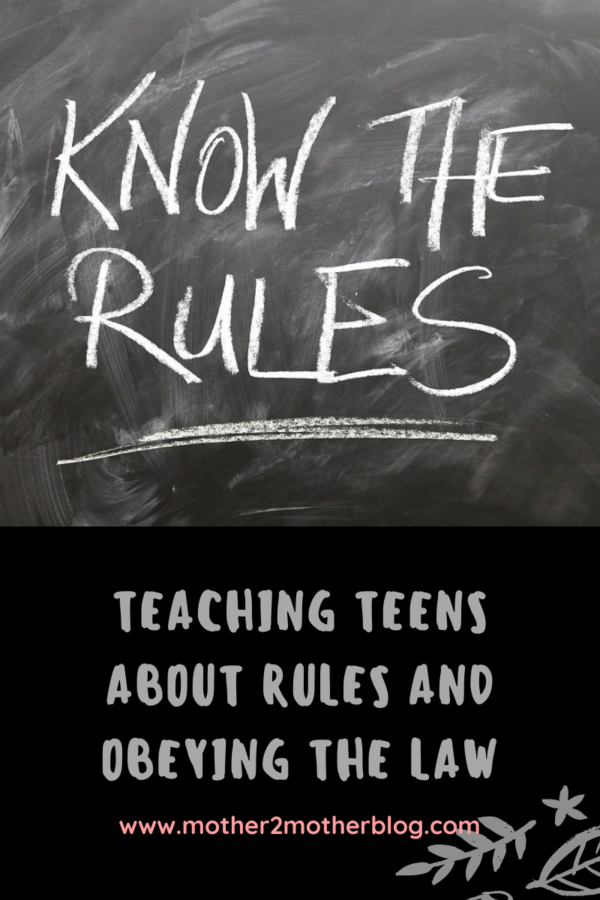

 About the author: Thalia Mott
About the author: Thalia Mott
